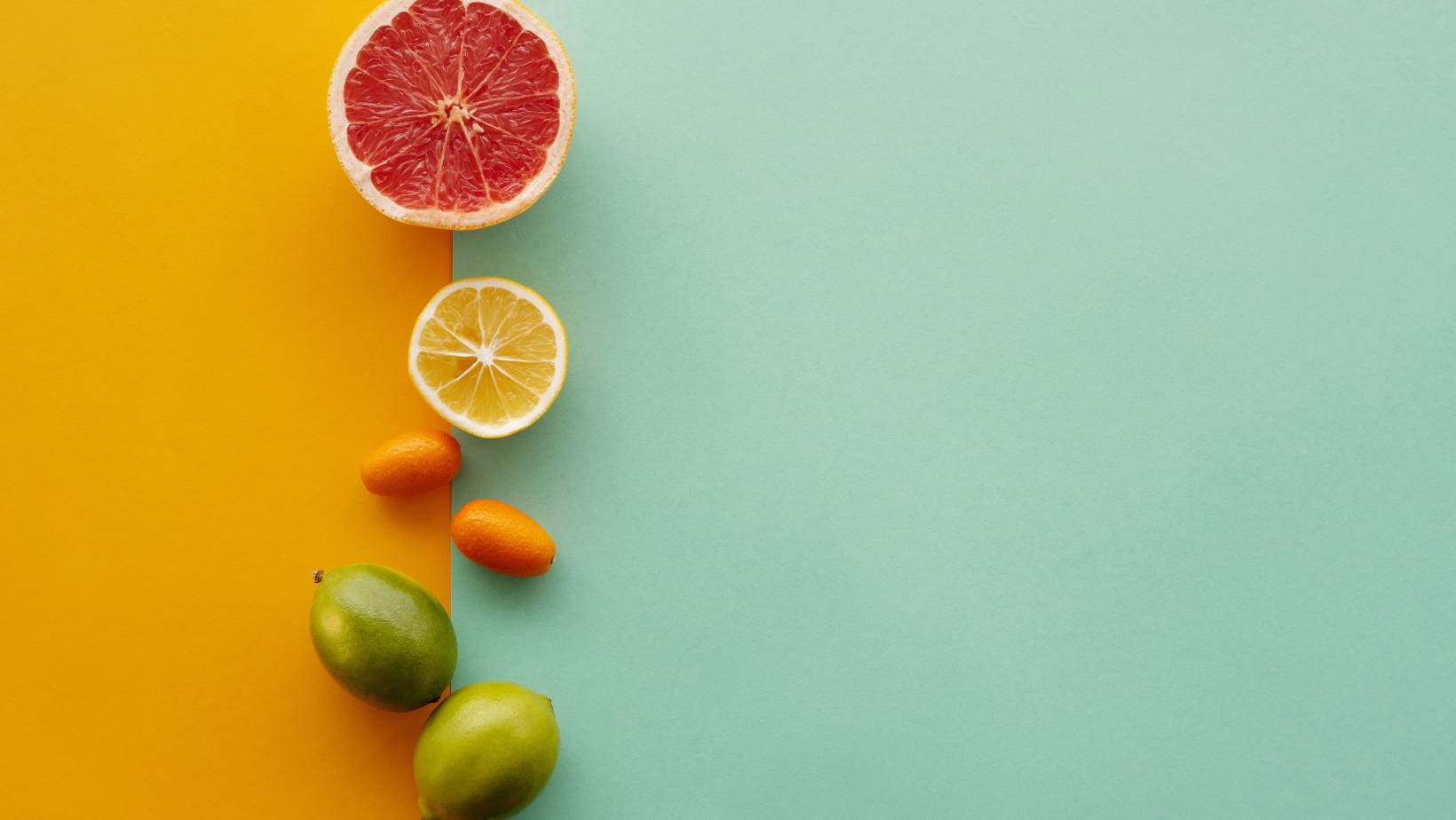Uncontrolled diabetes can lead to serious health consequences, such as heart disease, kidney disease, blindness, and other complications. Prediabetes has also been linked to these conditions. To prevent dangerous spikes in blood sugar levels and reduce the risk of diabetes-related complications, it’s crucial for individuals with diabetes or prediabetes to avoid certain foods that can rapidly increase blood glucose.
1. Sugar-sweetened beverages: The worst drink choice for diabetes
Sugary drinks are the most detrimental beverage option for people with diabetes. A 12-ounce (354-ml) can of soda contains 38 grams of sugar, while the same amount of sweetened iced tea or lemonade has 36 grams of carbohydrates, all from sugar. These drinks are also high in fructose, which has been strongly associated with insulin resistance and diabetes when consumed in excess.
Studies suggest that drinking sugar-sweetened beverages may increase the risk of diabetes-related conditions, such as fatty liver disease. In one study involving overweight and obese adults, consuming 25% of calories from high-fructose drinks while maintaining a stable weight led to increased insulin resistance, belly fat, lower metabolic rate, and worsened heart health markers. To help control blood sugar levels and reduce disease risk, opt for water, club soda, or artificially sweetened beverages instead of sugary drinks.
2. Fruit juice: Not a healthy alternative to sugary drinks
Contrary to popular belief, fruit juice is not a healthy beverage choice, nor is it a suitable substitute for other sugar-sweetened drinks. When fruit is juiced, the sugar becomes concentrated, leading to a higher intake of fruit sugar than one would consume by eating whole fruits. An 8-ounce (250-ml) serving of unsweetened apple juice contains 24 grams of sugar, the same amount found in a soda.
Whole fruits are a better choice, as they provide fiber and have a lower sugar content. A healthier alternative to fruit juice is water with a wedge of lemon, which offers less than one gram of carbohydrates and is nearly calorie-free.
3. Dried fruit: A concentrated source of sugar
While fruit is generally a nutritious and healthy food, dried fruit can be problematic for people with diabetes. The drying process concentrates the sugar content, similar to what happens with fruit juices. For instance, one cup of grapes contains 27 grams of carbohydrates, including one gram of fiber. In comparison, one cup of raisins has 115 grams of carbohydrates and 5 grams of fiber, equivalent to about 20 teaspoons of sugar.
Other types of dried fruit have similarly high carbohydrate counts compared to their fresh counterparts. However, this doesn’t mean that individuals with diabetes must completely eliminate fruit from their diet. Choosing low-sugar options like fresh berries or a small apple can provide health benefits while keeping blood sugar within the target range.
4. Honey, agave nectar, and maple syrup: Not better than regular sugar
People with diabetes often attempt to reduce their intake of white table sugar, but other types of sugars can also cause significant blood sugar spikes. A one-tablespoon serving of popular sugar alternatives contains the following amounts of carbohydrates:
- White sugar: 12.6 grams
- Agave nectar: 16 grams
- Honey: 17 grams
- Maple syrup: 13 grams
These alternative sweeteners are not better choices in terms of carbohydrate content and can even be worse than regular sugar. Agave nectar, in particular, is unnaturally high in fructose. The most effective approach is to avoid all types of added sugar whenever possible and use low-carb sweeteners instead.
5. White bread, pasta, and rice: Refined carbohydrates to limit
White bread, pasta, and rice are processed, high-carbohydrate foods that can significantly raise blood sugar levels in people with type 1 and type 2 diabetes. This effect is not limited to wheat products; gluten-free pastas, especially rice-based types, have also been shown to increase blood glucose.
The primary issue with these foods is that they are carbohydrate-dense and contain very little fiber, which helps slow down digestion and the rate at which carbohydrates are converted to sugar and absorbed into the bloodstream. If consuming these foods is necessary, opt for small portions and choose high-fiber alternatives when possible, such as rye bread and brown rice.
Your questions answered about foods to avoid with diabetes
Are all carbohydrates bad for people with diabetes?
Not all carbohydrates are detrimental for individuals with diabetes. Complex carbohydrates, such as those found in whole grains, legumes, and vegetables, are slower to digest and can help maintain stable blood sugar levels. These foods also provide essential nutrients and fiber. The key is to focus on the quality and quantity of carbohydrates consumed, opting for nutrient-dense, high-fiber options while limiting refined and sugary carbs.
Can people with diabetes still enjoy sweet treats?
People with diabetes can still enjoy sweet treats in moderation, but it’s important to make informed choices. Look for desserts that are lower in carbohydrates and sugar, and consider using sugar substitutes or low-carb sweeteners when preparing treats at home. Be mindful of portion sizes and factor in the carbohydrate content of these treats into your overall meal plan.
What should I drink if I have diabetes?
The best drink choices for people with diabetes are water, unsweetened tea, and coffee. These beverages are hydrating and contain little to no carbohydrates or calories. If you prefer flavored drinks, consider adding a slice of lemon or lime to your water or choosing sugar-free or artificially sweetened options. Always check the label to ensure that your chosen beverage is low in carbohydrates and fits within your dietary plan.
